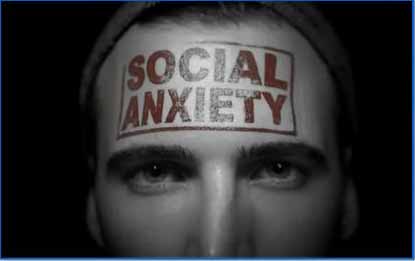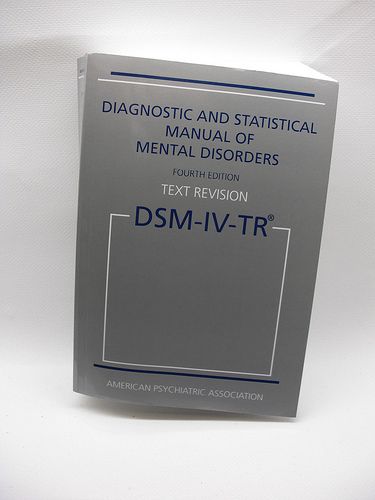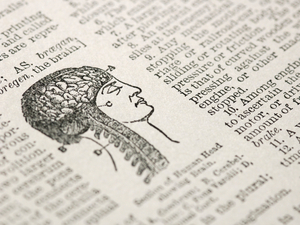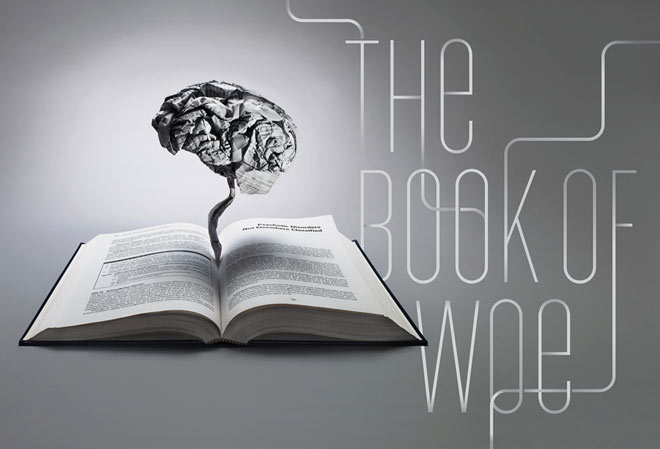(NaturalNews) “There is no definition of a mental disorder. It’s bull___. I mean, you just can’t define it,” states Allen Frances, MD, lead editor for the Diagnostic Statistical Manual (DSM-IV). As DSM-IV is the imperial doctrine used by psychiatrists in diagnosing mental disorders, prescribing powerful psychotropics to the masses, and commanding health care dollars, this is quite a confession. “We made mistakes that had terrible consequences,” Frances concedes.
Gary Greenberg who interviewed Frances and wrote an in-depth article for Wired Magazine, describes how Frances’ conscience has been hitting him in the gut. “Diagnoses of autism, attention-deficit hyperactivity disorder, and bipolar disorder skyrocketed, and Frances thinks his manual inadvertently facilitated these epidemics — and, in the bargain, fostered an increasing tendency to chalk up life’s difficulties to mental illness and then treat them with psychiatric drugs,” writes Greenberg. DSM-IV led to a 40X increase in child bipolar diagnoses and an epidemic of dangerous antipsychotic prescriptions for children, even as young as 3.





